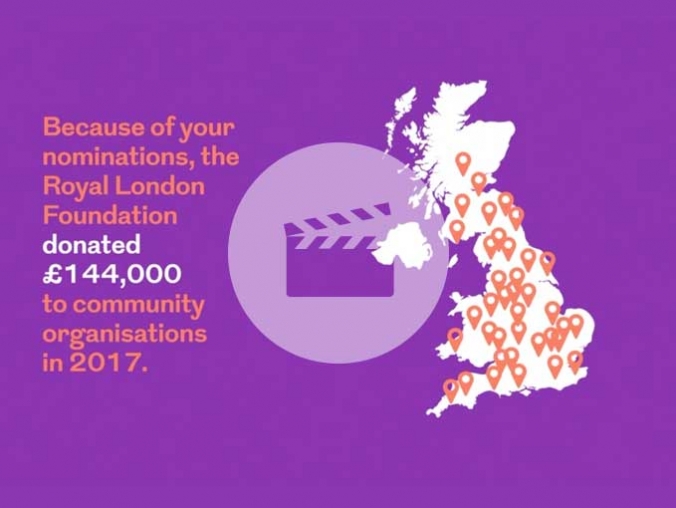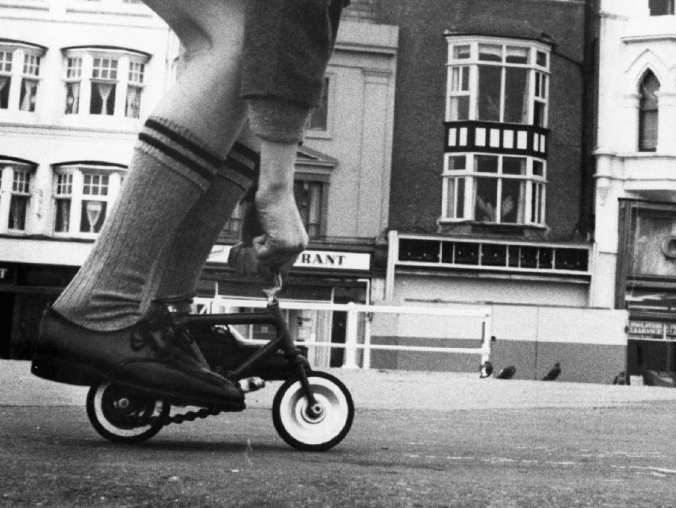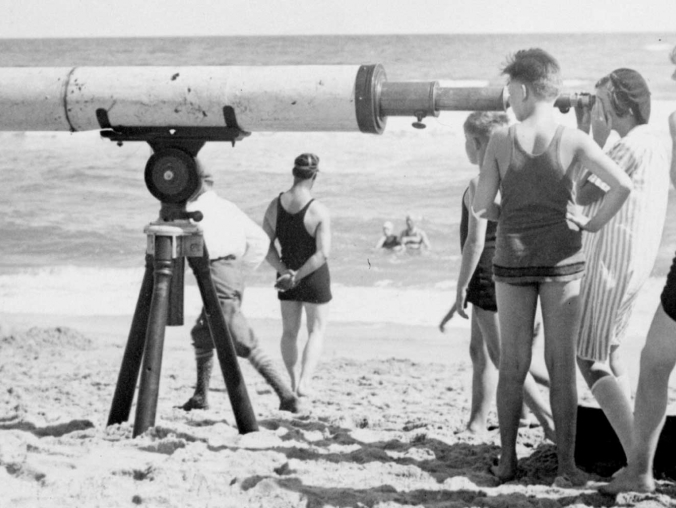

Top 10: tips to manage your money
If you struggle to manage your money and have little saved, you are not alone
A quarter of us are worried we don’t spend enough time managing our personal finances, meanwhile 20% of us have no savings to speak of. Here are 10 ways you can bring your finances under control.
-
Keep a money journal
Keep a money journal for a month where you write down everything that you spend. That way you can build a picture of exactly where your money is going. A recent study by Royal London found that monitoring your money could have a huge effect on your attitude to spending.
“What was interesting was the way in which the simple act of monitoring what you spend every day or week made some people more aware and put them more in control of their finances,” says Steve Webb, Royal London’s Director of Policy.
-
Look after the pennies
Your money journal will only work if you write down absolutely everything – even the cheeky chocolate bar you bought on the way home with your spare change. One person who took part in a recent Royal London study found keeping a record of her spending really changed her money habits: “Recording all my spending, right down to the 20p spent on the sweetie table at the swimming club really made me stop and realise just how easy it is to fritter away the coins. It made me much more aware of how the little spending adds up.”
-
Go through your statements
Grab your last three bank statements and credit card bills and spend 20 minutes going through them and marking any areas where you think you are spending money unnecessarily or spending too much. This could be large insurance premiums or a magazine subscription you don’t have time to read.
-
Cancel old subscriptions
As a nation we waste £448 million a month on subscriptions we don’t use, according to TopCashback. The most common wasted money is on gym memberships, followed by TV streaming plans such as Netflix or Amazon Prime. Take a few minutes and cancel those unused subscriptions to save yourself a bit of cash.
-
Give yourself a money makeover
Gather together your latest bills for all your utilities from gas to broadband to your mobile phone. Then set yourself a week to cut your bills. Every lunchtime, tackle a different bill and shop around on comparison websites to see if you could get a better deal. You could save up to £230 by switching energy provider, according to Moneysupermarket.com, so a few minutes shopping around could prove very fruitful.
-
Break your bad money habits
Take a look at your spending and see if there are areas where you have fallen into bad money habits such as buying a coffee or lunch everyday. Cutting out that coffee or preparing meals at home a couple of times a week will add up to meaningful savings over a year. Reducing your spend by just £2 a day could save you over £700 a year.
-
Draw up a budget
Budgets aren’t just for the Chancellor, drawing up a weekly or monthly budget will help you get your finances under control. There are plenty of budget templates online to get you started.
-
Use a budgeting app
Budgeting apps can also be used to plan what you want to spend and keep track of it. There are plenty available, including Spending Tracker, Toshl and Moneywise to name a few.
-
Start a savings habit
Once you’ve started managing your money and you’ve cut back on unnecessary outgoings you should find you have a little left over each month that you can start saving. It doesn’t have to be much, the smallest amount will start to add up over time. Just get into the habit of putting some money aside regularly so that it becomes a habit.
-
Find a good home for those savings
Finally, shop around for the best account for your savings. Take the time to find a high-interest account and your money will grow even faster as the interest builds up.
More for you

Royal London Foundation: supporting your communities
Thanks to your nominations, we’ve been able to provide funding for not-for-profit organisations across the UK. Here are a few stories of those who received support from us
MORE
Insight into Work: come and work with us!
Our Insight into Work programme means members and their families can experience work at Royal London. Five of our newest candidates tell us about their time working with us
MORE
Our People Promise
Some of our colleagues explain how the ‘People Promise’ helps them to deliver the best experiences and outcomes for customers and members
MORE


